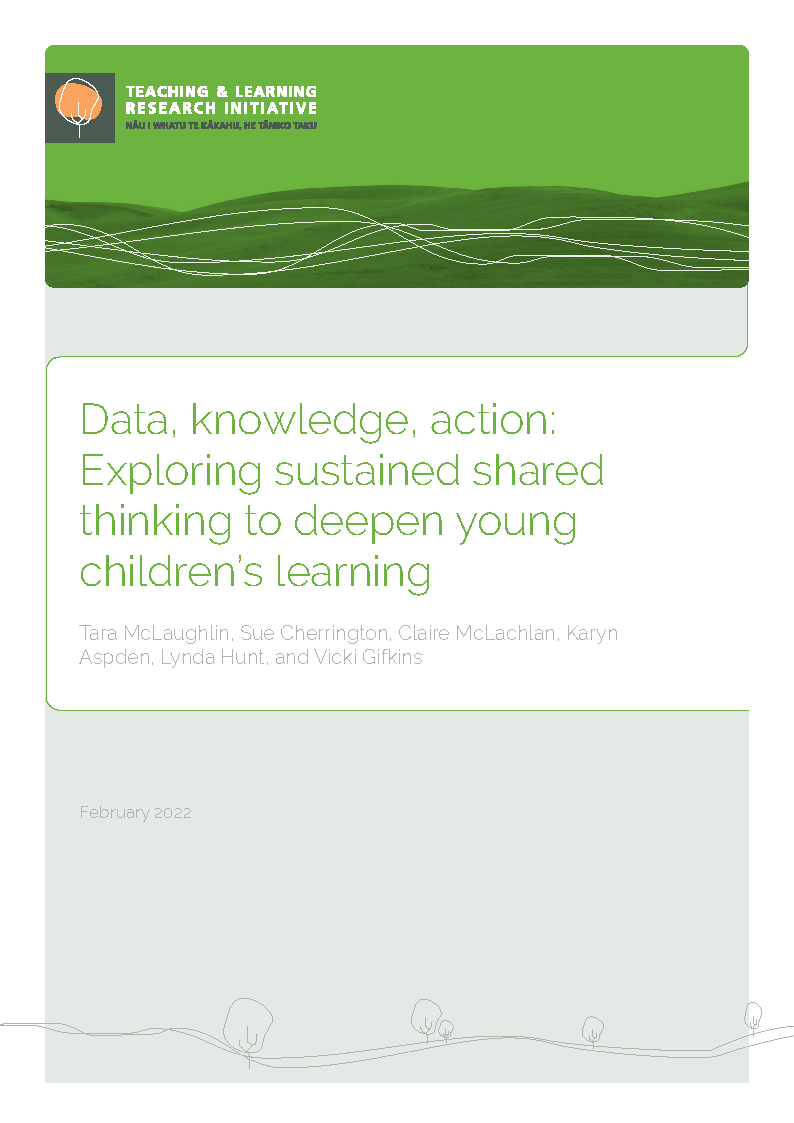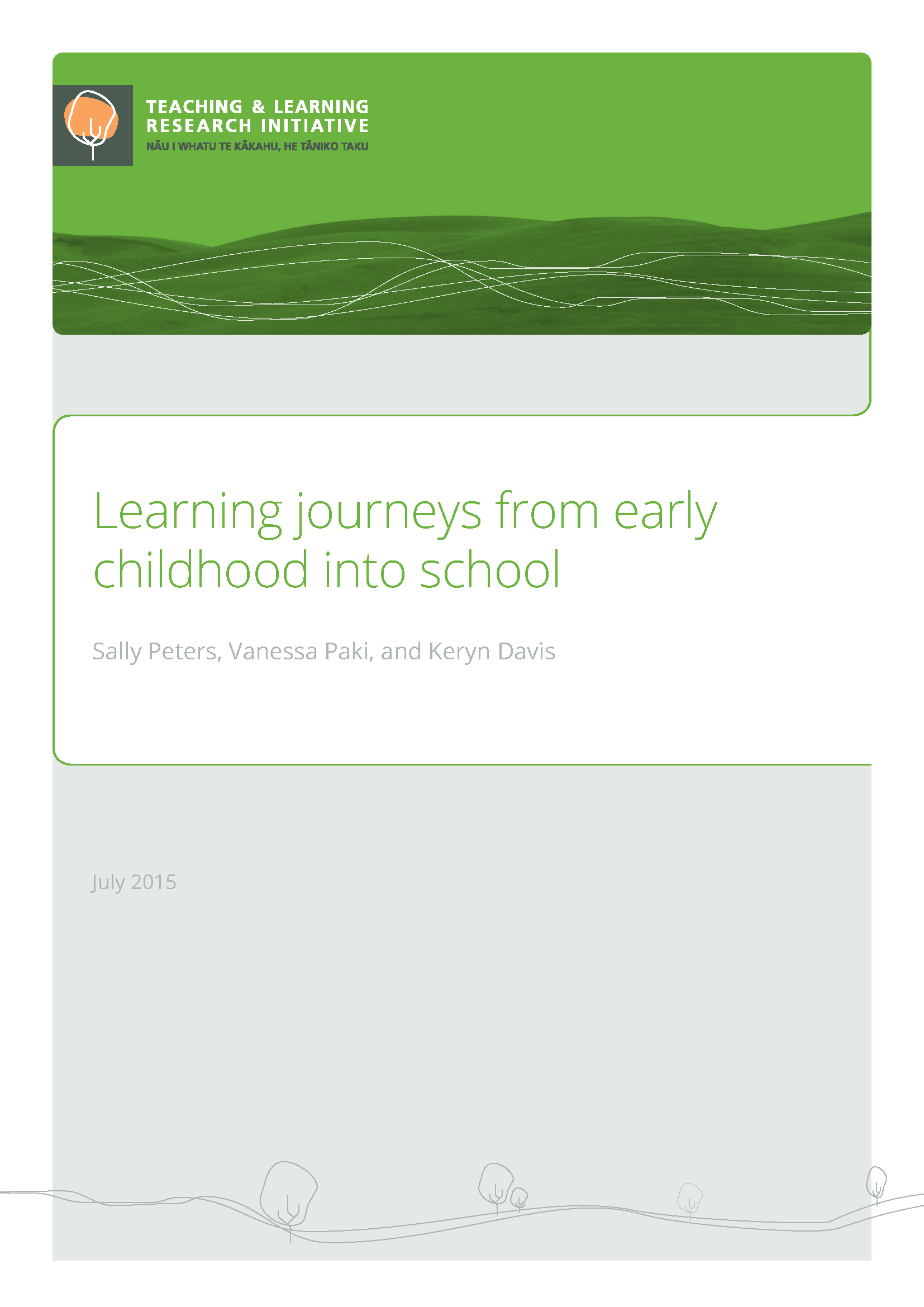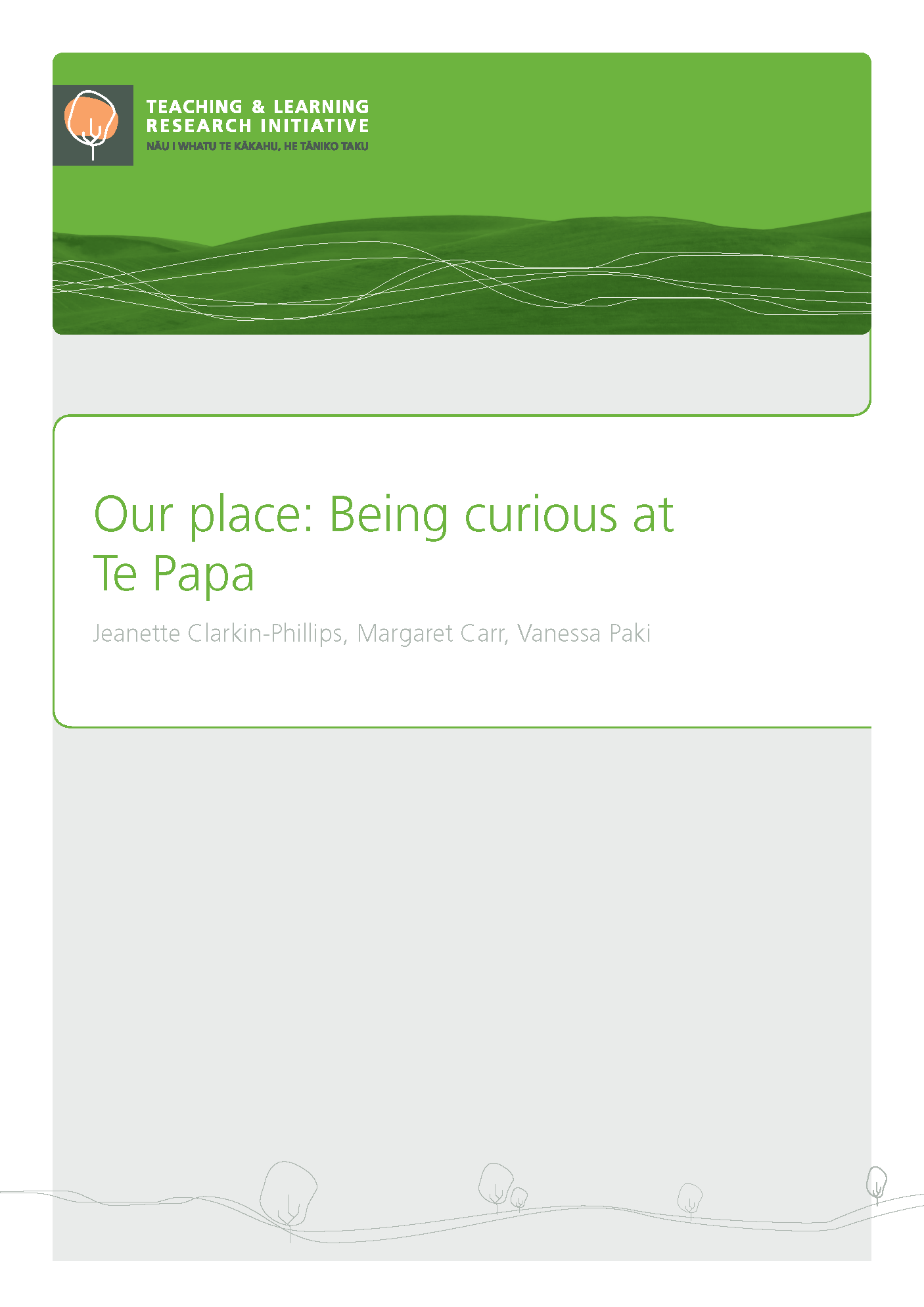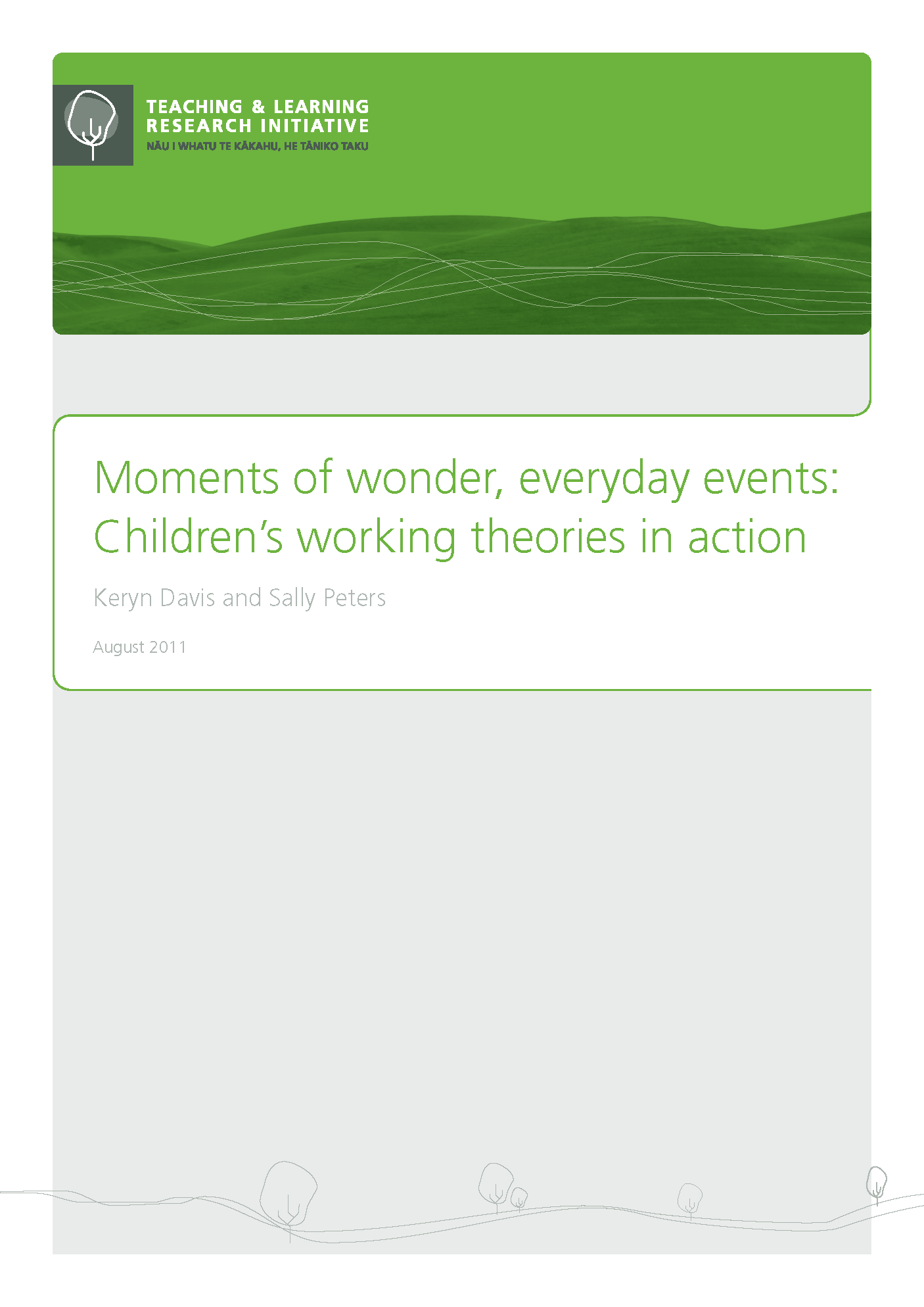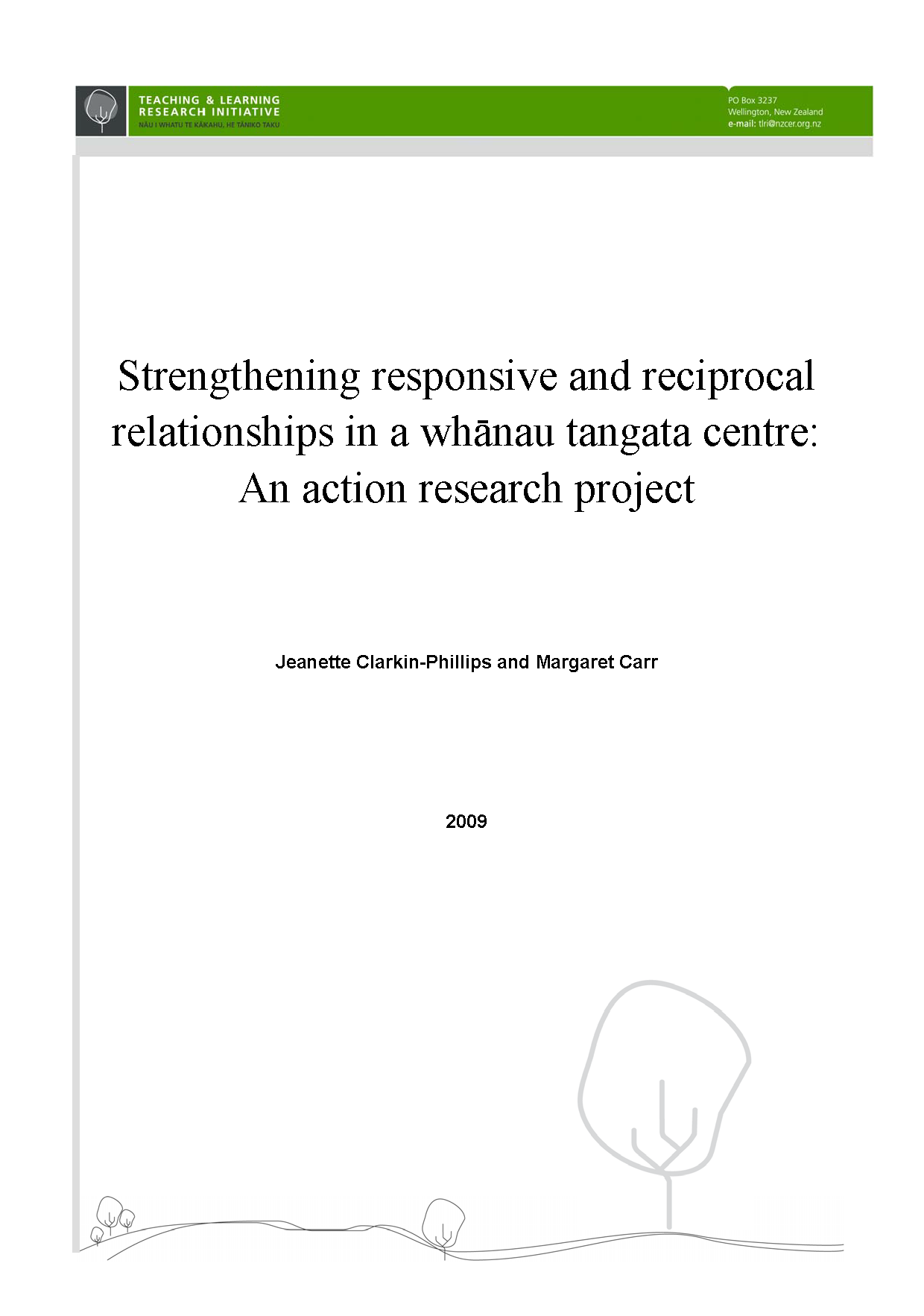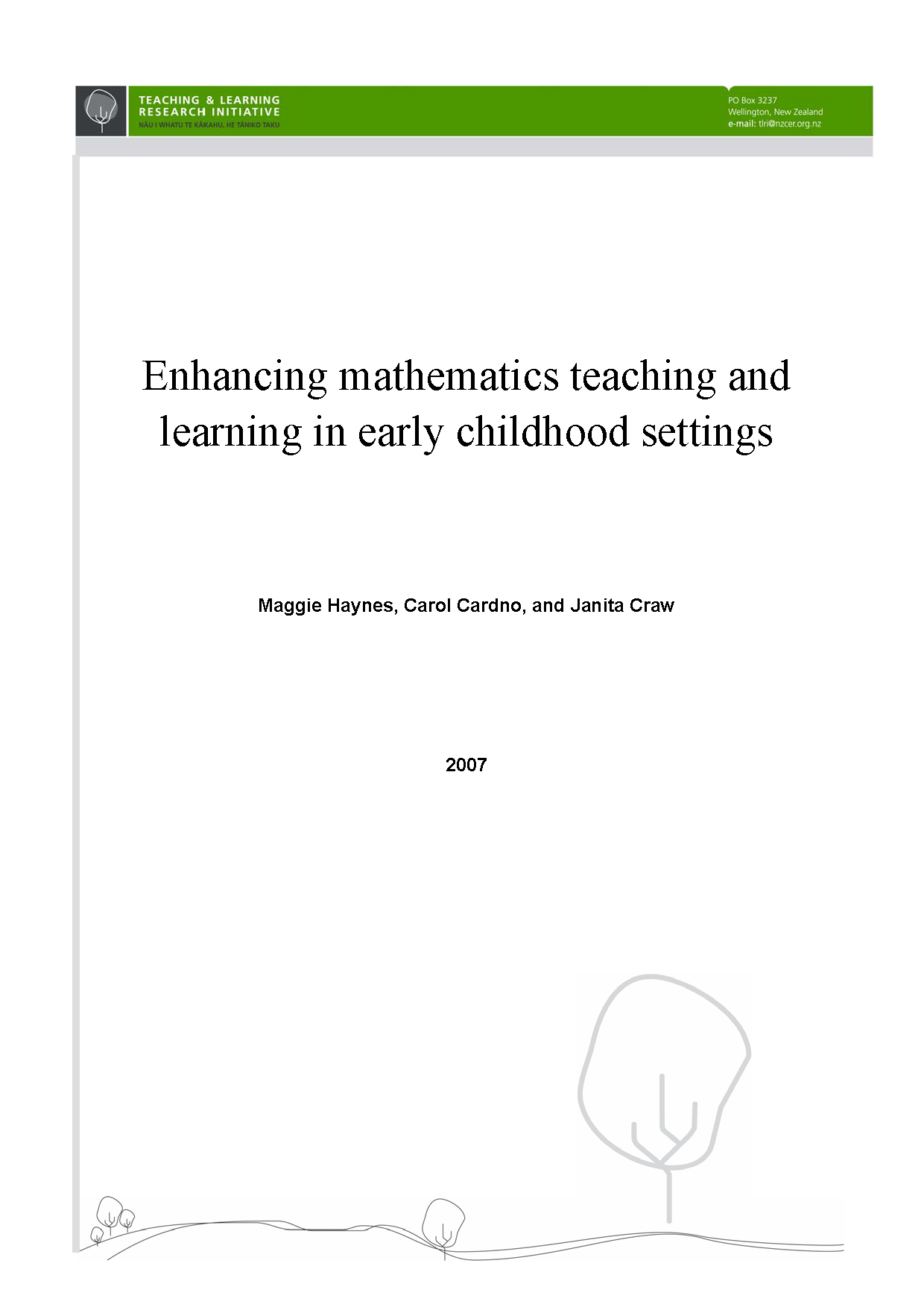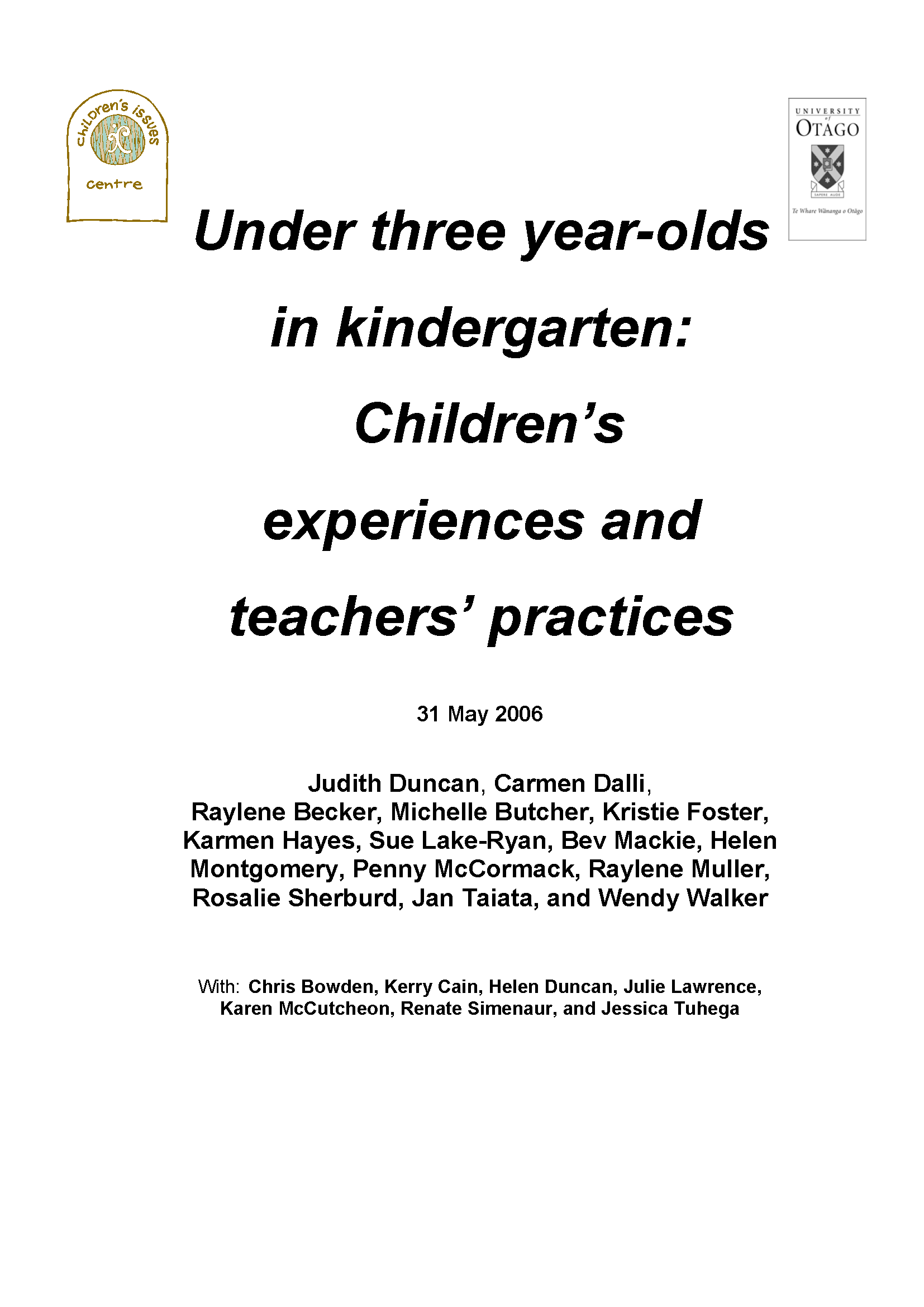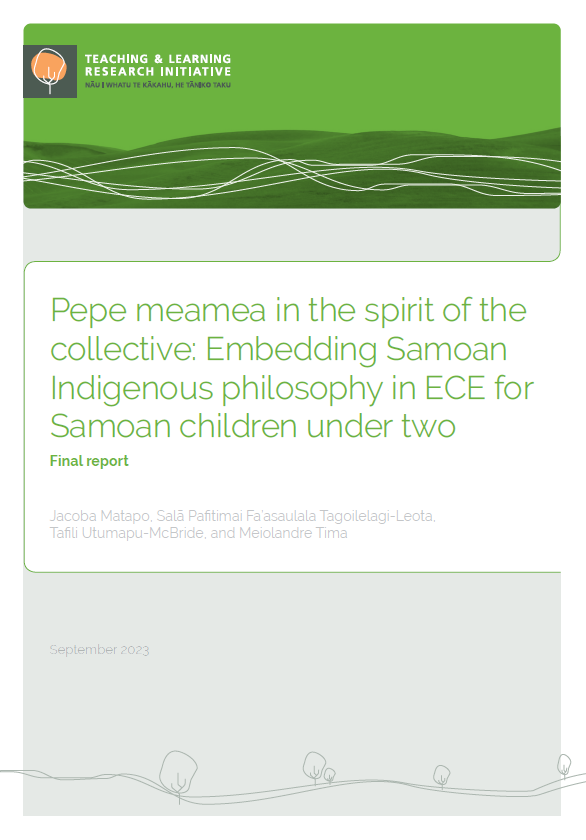
Pepe meamea in the spirit of the collective: Embedding Samoan indigenous philosophy in ECE for Samoan children under two
Introduction Our approach to research intentionally engaged processes of co-design whereby the study of pepe meamea (Samoan conceptualisation of infants and toddlers) with our research partners ensured that the values and practices of Samoan Indigenous knowledge systems were privileged throughout all stages of the research. The co-design process we collectively premised affirms relationality that grounds both collective and individual engagement within and contributions to the study. The 2-year project focused on reconceptualising and transforming the pedagogy of early childhood education (ECE) teachers of Samoan infants and toddlers into sustainable and holistic approaches to improve ola laulelei (cultural wellbeing) outcomes for Samoan infants and toddlers. From a Samoan perspective, ola refers to

